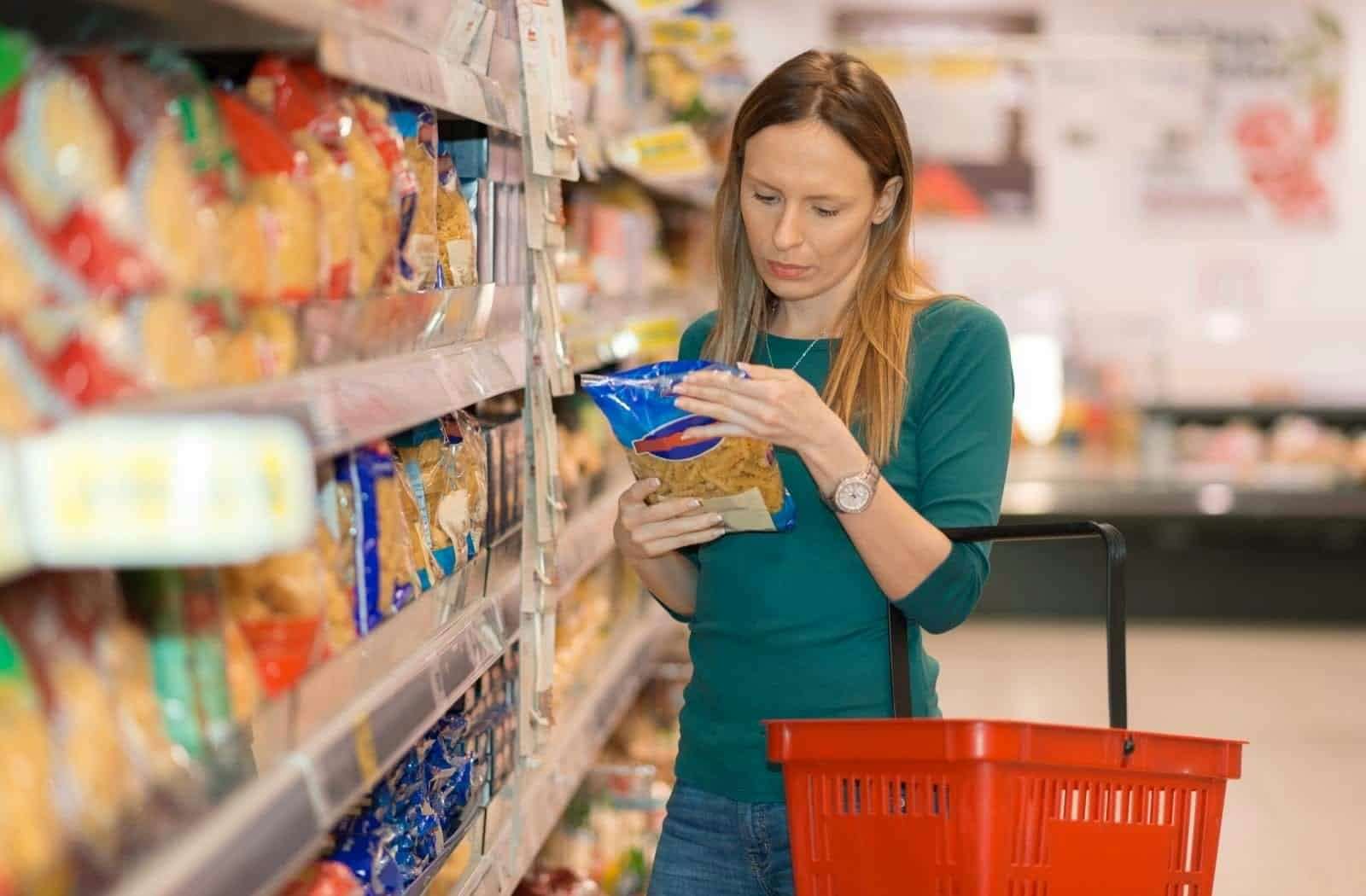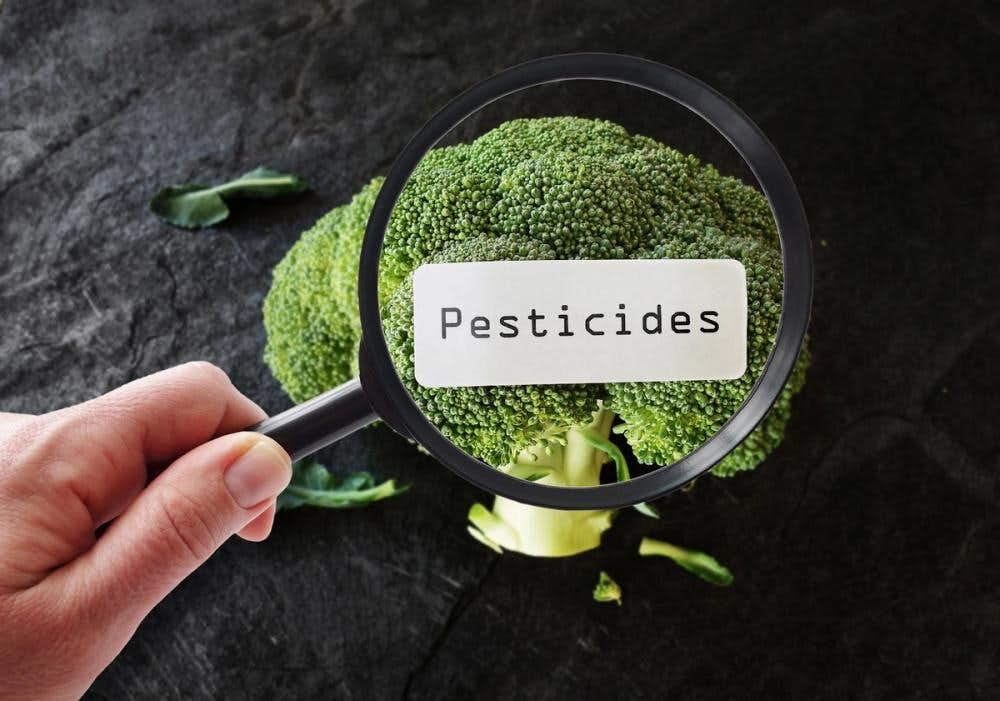May 17th, 2020

“The key to change….is to let go of fear.” -Rosanne Cash

Having fears is a reality that we, as humans, are faced with. Generally speaking, fear is an unwanted and unpleasant feeling or emotion that is associated with something that we personally believe will cause us harm. Some common fears include:
The above-listed examples are common and widespread. However, people can be afraid of anything…especially if they have had a previously negative experience, a person may develop a fear. Being afraid, regardless of what it may be, is not something to be taken lightly. Extreme cases of fear, also known as phobias, can cause a person to isolate themselves or avoid situations altogether, which can ultimately cause further issues in their personal and professional lives.
When we suffer from a specific fear, it can create a variety of consequent issues in our lives. Fears can cause people to develop:
Depending on what the fear is, how it developed, how long the specific fear has been an issue, and how severe the fear is, many of the above-listed mental health concerns can become problematic.
One fear, maybe not as commonly regarded as some of the above-listed fears, is that of food, also known as cibophobia. Cibophobia is technically defined as having a fear of food itself. Someone who suffers from cibophobia may suffer from any of the following symptoms:

Having a fear of food can create subsequent concerns that can affect a person’s entire being and lifestyle. It is important to be aware of some of these concerns if you or someone you know might be suffering from cibophobia.
Physical Health Concerns:
Mental Health Concerns:
Sometimes fears can be mistaken for other fears. Often times this happens when the fears fall within the same category -- in this case, food-related. Cibophobia can sometimes be confused with anorexia. Even though cibophobia and anorexia can be mixed up, they are in fact distinct from one another.
However, the lines can blur. In some extreme cases of cibophobia, the person may end up developing anorexia due to their heightened fears of food. They may feel so fearful and anxious about the consumption of foods they feel they should not eat, that they begin avoiding food altogether. Hence, anorexia can become a concern.
Every time you turn on the news, open your Instagram feed, or read the latest celebrity diet obsession, you are inundated with information. Just when you thought you were eating right, new research and diet trends are presented in the media to make you second guess your choices. All of a sudden, everything you thought was good for you, is actually bad for you.
There is a current trend in the media that follows up with our health-obsessed society, which is constantly informing us about what is and is not good for our long-term health. Whether it’s the Whole30 diet, Ketogenic lifestyle, Atkins, or any other style of eating, all of the information being generated to us is typically telling us why we should not eat certain foods.
People who suffer from cibophobia, or are on the verge of developing a fear of food, can be easily influenced by all of this noise. Knowledge is power, however, sometimes too much knowledge leaves us feeling powerless.
It is important to learn how to cope with any fear, especially for the sake of maintaining a healthy and balanced lifestyle. As mentioned above, a concern for having a fear of food is that it may affect your nutritional intake due to the obsession of avoiding food. In turn, this could affect the possibility of developing other mental and physical health concerns. Therefore, it is important to learn how to deal with cibophobia in order to face your fear of food.
Try some of these tips below in order to seek a healthier mental and physical lifestyle when it comes to being fearful of food:
Our Services
Virtual/Online CarePHP and IOPAdult PsychiatryChild & Adolescent PsychiatryAdult TherapyChild & Adolescent TherapyCouples CounselingFamily TherapyGroup TherapyPsychological TestingTranscranial Magnetic Stimulation (TMS)